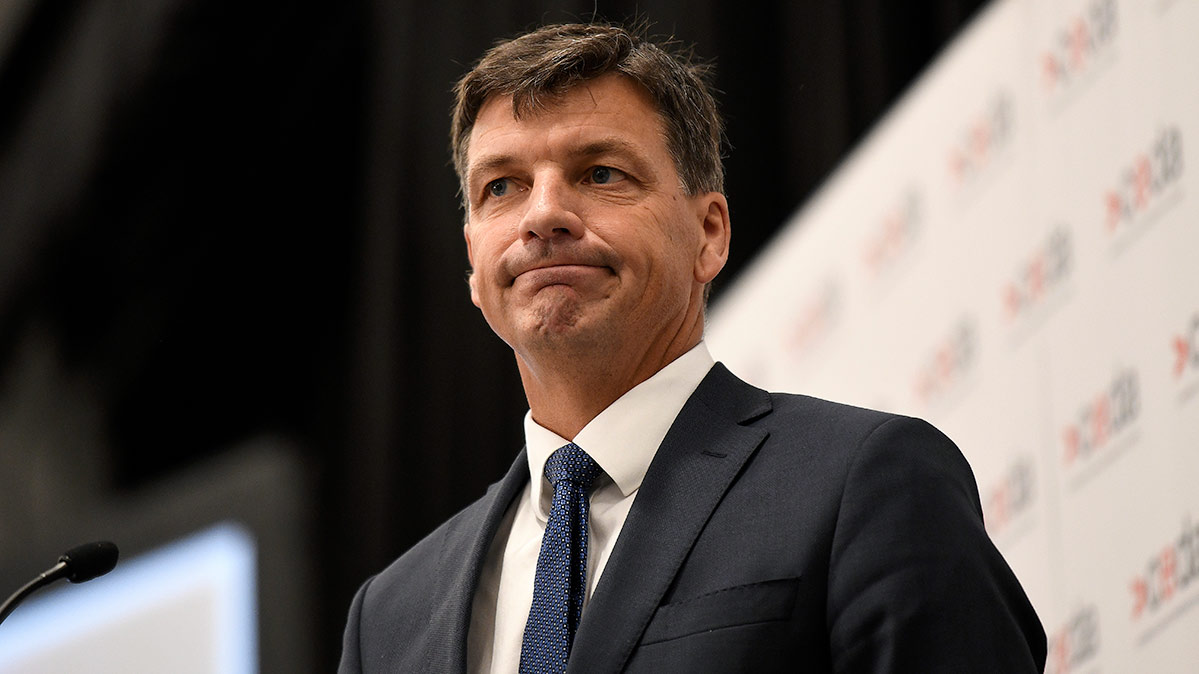As the Australian energy market awaits the release of detailed proposals for energy market reforms drafted by the Energy Security Board, expected to be released this week, there is growing concern in the industry that major incumbent fossil fuel companies have already received an early drop.
The Energy Security Board has been working on proposals for a post-2025 redesign of the National Electricity Market, a job it was tasked to undertake by energy ministers under the former COAG Energy Council. This work is expected to culminate in the release of final a final package of recommendations by the middle of the year.
The redesign has been necessitated by the emergence of new energy technologies, including renewable energy sources, battery storage and a greater ability to monitor and manage energy resources through improved communications.
The reforms will also extend to proposals for managing the exit of ageing coal generators, or even paying for their retention, which has seen these reforms become the focus of strong lobbying by the owners and operators of these plants.
The Energy Security Board delivered a detailed options paper to federal energy and emissions reduction minister Angus Taylor at the end of March, which has been distributed and signed off by state and territory ministers.
RenewEconomy has been told by several industry players that some groups, particularly those representing large incumbent players within the energy market, have received early copies of the Energy Security Board’s detailed proposed reform package – but which has otherwise yet to be released publicly.
RenewEconomy also understands that the report has not been distributed from key government agencies, including the Australian Energy Market Commission, nor the Energy Security Board itself.
Representatives of the clean energy sector have also not been the beneficiary of the early drop. If the reports of the early release to large energy market incumbents is true, it would be consistent with what is perceived to have become a common practice among federal Coalition energy ministers, with documents provided early to friendly stakeholders and to sympathetic media outlets.
A spokesperson for the Department of Industry, Science, Energy and Resources denied that the paper had been distributed to selected stakeholders, but pointed to ongoing consultation work being undertaken by the Energy Security Board, which has continued in line with a long-established schedule, despite an apparent delay in the release of the report.
The Energy Security Board is also set to hold two workshops, on the 4th and 7th of May, on the post-2025 market design options.
The detailed market design options paper is expected to flesh out a number of key proposals for electricity market reforms, including changes to the Retailer Reliability Obligation (RRO), which could see payments directed towards coal and gas generators in an effort to keep them open for longer.
Under what is being dubbed a “physical RRO” dispatchable electricity generators will receive payment for making their capacity available to the energy market, amounting to an effective payment to remain operational, but without the need to actually supply regular power into the grid.
The proposal has largely been driven by input from representatives of EnergyAustralia, which recently flagged the early retirement of the 1,480MW Yallourn brown coal fuelled power station in Victoria and also operates the 1,400MW black coal fuelled Mount Piper power station.
Such a proposal has was criticised on Wednesday by Australian Greens leader Adam Bandt, who said the Morrison government did not deserve to claim credit for falling electricity prices, given the government’s antagonism against renewable energy technologies.
“The government talks up lower prices from renewables while simultaneously getting ready to prop up dirty coal generation by handing public money to the billionaire coal and gas corporations,” Bandt said.
“We don’t need payments to coal generators, we need the government to lead more investment in renewables and storage. As today’s prices have shown, renewables are cheaper, cleaner and the future for Australia. More renewables means lower prices.”
“We should be driving the transition further and faster, not trying to block it. We are in a climate emergency,” Bandt added.










